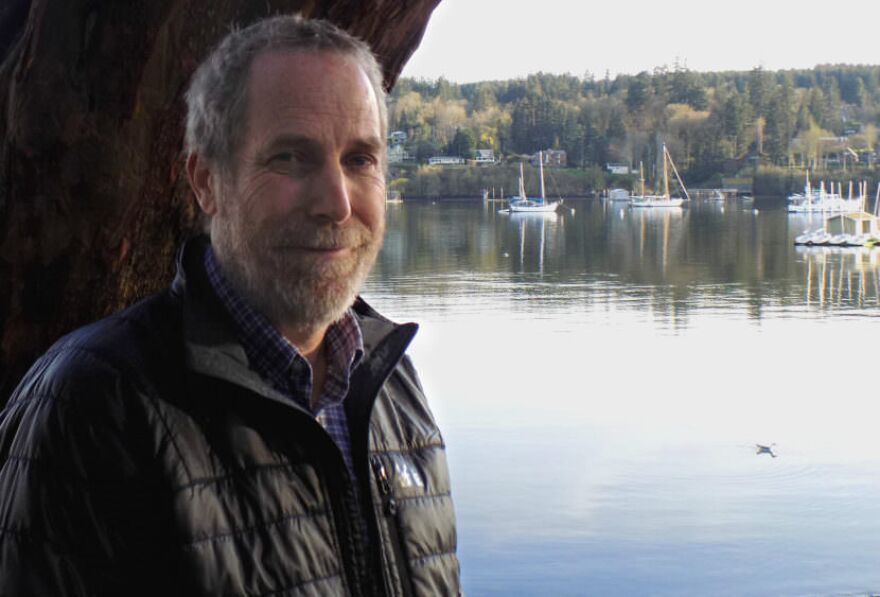For most people, the last day on the job before retiring is a celebration. But Michael Cox capped off his career at the Environmental Protection Agency (EPA) with a scathing letter to agency head Scott Pruitt.
Since 1987, Cox has worked for the EPA. Most recently he served as climate advisor for Region 10 — which covers Alaska, Washington, Oregon and Idaho. He was planning on retiring — but not like this. He said he wants the agency to be successful.
“You know when you work for any organization — I don’t care if it’s a government organization or a business — if you put over 25 years of your life in that organization, you want to see it succeed,” Cox said. “That’s really what I want, to see EPA succeed. And to do that the administrator needs to succeed. So I hope he can.”
What concerns Cox is the overwhelming lack of confidence in EPA leadership. He has worked under six administrations and said morale is at an all time low.
In the letter, Cox suggested four ideas that could help Pruitt be a better leader including using science as a guiding principle, listening and learning from EPA career staff and visiting Alaska.
“I said come and visit,” Cox said. “Come and go to Alaska and people will show you climate change is happening. It’s right here. It’s not something made up.”
The Trump administration’s proposed budget would slash 31 percent of the EPA’s funding.
Those programs could be taken up by local, state or tribal entities. In theory, Cox thinks that’s a good idea.
“In Alaska, where the budget deficit is so enormous to take on additional programs right now and make up the slack — for example, for what EPA might not be providing, is going to be a real challenge,” Cox said.
One program Trump has put on the chopping block helps build wastewater and drinking water infrastructure in rural Alaska. Senator Lisa Murkowski wants to keep it. She chairs the subcommittee that writes the EPA’s spending bill, and Congress has the final say on the budget.

